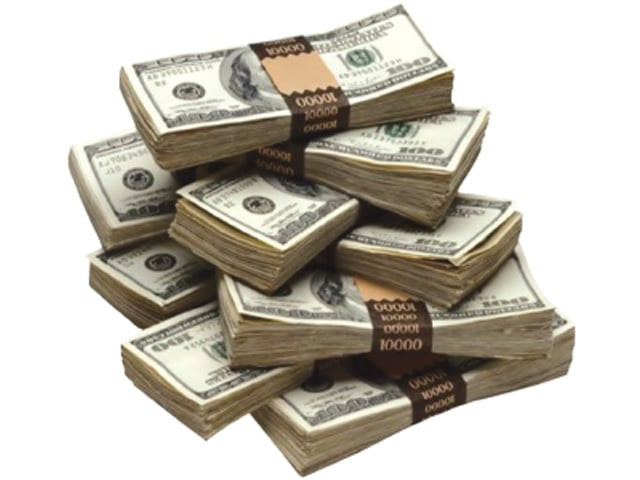What the new Yuan means for Pakistan

Experts predict if G20 leaders continue to pressure China to ease control of its exchange rate than Pakistan, among other developing countries, will be forced to increase government spending on oil imports. Economist Asad Farid says that international prices for oil and metals rose by up to 186 per cent between 2005-08 when the Yuan was allowed to appreciate by 21 per cent against the greenback. While experts say the current change in valuation of the Yuan pales in comparison to fluctuation that occurred in the past and a major revaluation of the currency is still a long way off but the new value could upset efforts to curtail inflation which has remained in double digits despite a consistently tight monetary stance from the State Bank of Pakistan.
Why the Yuan is good for Pakistani economy
On the flipside Pakistan’s textile sector could be a major beneficiary of Chinese imports becoming more expensive. Textile sector analyst at AKD Securities Umer Pervez says that an increase in the cost of textiles from China caused by a change in the Yuan-Dollar exchange rate, will help Pakistani textile exports. “Pakistan enjoyed a 26.4 per cent share of the market by volume in the EU in 2009, making it the second biggest importer for the continent after China.”
Why the Yuan is being revalued
The United States and European Union members have been criticizing the Chinese government for not allowing its currency to appreciate against the US dollar. US legislators are drafting legislation that could declare China’s currency peg an illegal subsidy. The US government could then retaliate by imposing tariffs on Chinese imports to the country. The Chinese government has also stepped up its rhetoric over these allegations in the days leading up to the G20 summit. China’s Foreign Ministry spokesman Qin Gang was reported as saying, “The appreciation of the Yuan cannot bring balanced trade and cannot help the US unemployment, overconsumption and low savings”.
The controversy was expected to take centre-stage at the G20 Summit starting on June 26 in Toronto, Canada. That was until China’s central bank announced it would make the exchange rate more flexible. On Monday, June 21 the Chinese Yuan rose 0.42 per cent to 6.7 per dollar. Though seemingly insignificant, this was the largest one-day gain in the currency’s value in the past five years. More importantly it was an indication that China is ready to make concessions to boost international trade.
The Yuan’s exchange rate is not the only contentious issue at the G20 Summit. US President Barrack Obama has been rallying European economies to continue stimulus spending. But burdened by exploding government deficits, many EU countries are reluctant to spend more. France, Germany and Italy have reiterated demands for more stringent financial regulations. German Chancellor Angela Merkel has called for a new tax on banks to pay the costs of future crises. But host nation Canada has strongly opposed any new taxes against its banking sector. India and Brazil have also stepped up efforts to lobby for more representation for developing countries at the International Monetary Fund and World Bank.
Published in The Express Tribune, June 25th, 2010.



















COMMENTS
Comments are moderated and generally will be posted if they are on-topic and not abusive.
For more information, please see our Comments FAQ